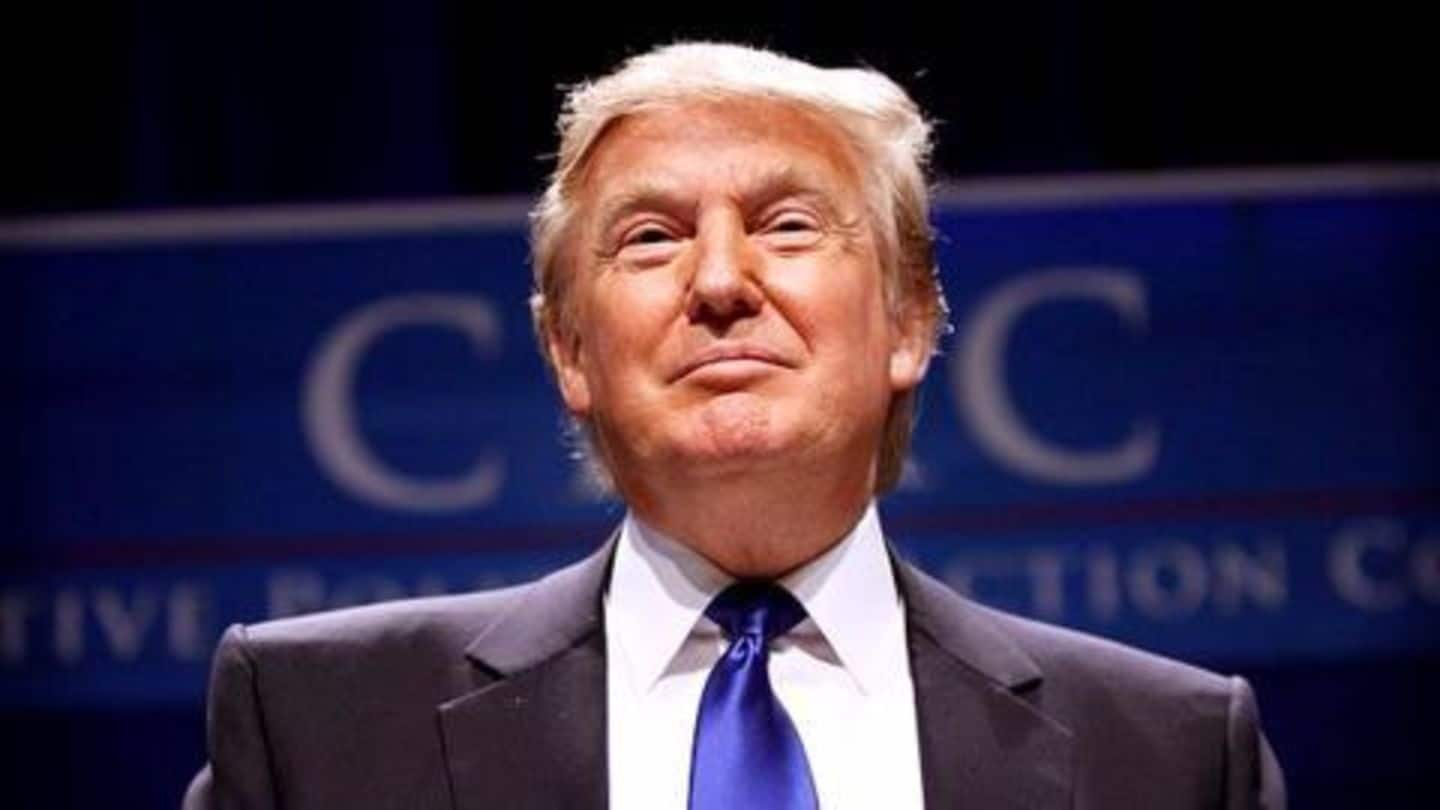
The US' Trans-Pacific Partnership exit could benefit India
What's the story
US President-elect Donald Trump's announced he would exit the Trans-Pacific Partnership (TPP) on his first day in office. The announcement is likely to benefit India by shifting focus on the Regional Comprehensive Economic Partnership (RCEP) agreement and World Trade Organization (WTO) trade deals. India, which has been closely watching the situation, feared TPP could adversely impact the country through trade diversion and non-tariff measures.
Introduction
The TPP trade agreement
The Trans-Pacific Partnership (TPP) is a trade agreement signed by twelve Pacific Rim nations (excluding China). After over seven years of negotiations, the proposal was approved on 4 Feb'16 in Auckland, New Zealand and currently awaits ratification to be enforced. The agreement contains measures to decrease tariff and non-tariff barriers to trade and set up an Investor-State Dispute Settlement (ISDS) mechanism.
Quote
The 30 chapters of the agreement
The agreement aims to "promote economic growth; support the creation and retention of jobs; enhance innovation, productivity and competitiveness; raise living standards; reduce poverty in the signatories' countries; and promote transparency, good governance, and enhanced labor and environmental protections."
22 Nov 2016
Trump to abandon TPP after assuming office
US President-elect Donald Trump announced he would abandon the TPP trade deal soon after assuming office. The TPP, which covers 40% of the world's economy, needs all 12 countries' ratification to be enforced. US President Barack Obama prioritized trade deals, but opponents have characterized the TPP as a secretive deal favoring big businesses and other nations at the expense of national sovereignty and jobs.
Information
Member states of TPP
The member states of TPP are the US, Japan, Malaysia, Vietnam, Singapore, Brunei, Australia, New Zealand, Canada, Mexico, Chile, and Peru. The deal was designed to create a new single market, like that of the EU.
Quote
Trump's announcement
In a video message, Trump said: "On trade, I am going to issue a notification of intent to withdraw from TPP, a potential disaster for our country. Instead, we will negotiate fair, bilateral trade deals that bring jobs and industry back onto American shores."
RCEP
The Regional Comprehensive Economic Partnership
The Regional Comprehensive Economic Partnership (RCEP) started in May'13; it is the world's largest regional trading bloc, accounting for 45% of the world's population. It comprises ten economies of the Association of Southeast Asian Nations (ASEAN): Brunei, Cambodia, Indonesia, Laos, Malaysia, Myanmar, the Philippines, Singapore, Thailand and Vietnam. It includes six of ASEAN free-trade partners: Australia, China, India, Japan, New Zealand and South Korea.
TPP Agreement
TPP meaningless without the US' participation: Japanese PM Shinzo Abe
Former Foreign Secretary Nirupama Rao stated the scrapping of the TPP agreement could lead to a more assertive China. She said the way forward for India is to intensify efforts towards RCEP. Trump's announcement might have come as a disappointment for Japan's Prime Minister Shinzo Abe, who met the President-elect in New York. Abe said TPP would be meaningless without the US' participation.
Reactions
Trump may go back to WTO: Former Ambassador to WTO
Director of 'Madhyam', Kavaljit Singh, said after Trump's announcement, RCEP members could accommodate India's demand for greater market access in services. Former Ambassador of India to WTO, Jayant Dasgupta, said Trump might go back to WTO later, which may boost multilateral trade negotiations. Centre for WTO Studies Head, Abhijit Das, said the US might push through the trade issues propounded by TPP through WTO.